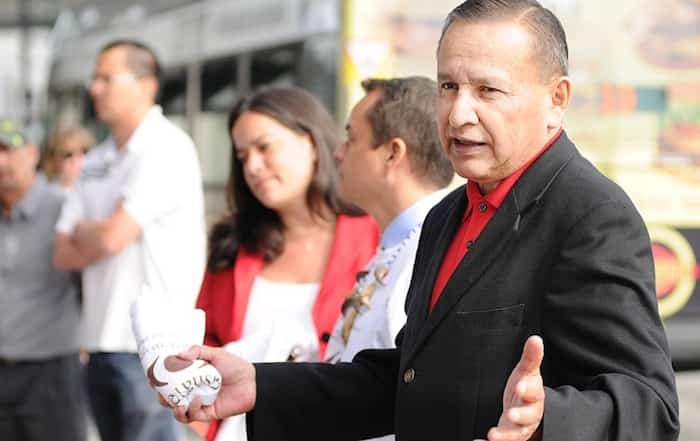With Canada marking National Indigenous History month – and National Indigenous Peoples Day on June 21 – it’s worth noting how much has been done in recent years to move toward fulfilling the goals of the First Nations, Métis and Inuit of this country – and what a long path stretches ahead.
In B.C., of course, that path is tangled with the deep thicket of unresolved land claims, with all but roughly five per cent of the province comprising land to which Indigenous people never legally signed away their rights.
Yet over the past decade, landmark court decisions have opened the doors to change for the better.
While not initially successful for the Wet’suwet’en hereditary chiefs and their Gitxsan neighbours who launched it, the lawsuit that brought about the Delgamuukw decision of 1997 helped define the concept of Aboriginal title. That concept was reinforced in 2014 by the Supreme Court of Canada in Tsilhqot’in Nation v. British Columbia, which affirmed the rights of Indigenous peoples by recognizing the principle of Aboriginal title in Canada.
Recently, many Indigenous leaders have welcomed the B.C. government’s move to come up with new laws aligned with the United Nations Declaration on the Rights of Indigenous Peoples (UNDRIP). In 2019, B.C. became the first province in Canada to formally recognize the UN declaration in law.
More recently it introduced the Declaration Act Action Plan, which sets out steps for the province to try to improve the lives of Indigenous Peoples under UNDRIP.
Quoted in APTN News, Grand Chief Stewart Phillip, of the Union of British Columbia Indian Chiefs, said the Declaration Act was an important step, but cautioned that it is more a beginning than an end.
“Two years ago, the seeds of change were sown – a future life with the promises of true transformation and reconciliation became possible with the historic passage of the Declaration Act,” Phillip said.
“Make no mistake, there have been and there will continue to be, numerous obstacles that challenge the work being done to revolutionize and rebuild a relationship that has long been mired in colonial violence and discrimination. Today is not only a day of celebration but a day of reflection and accountability.”
There’s reason to be optimistic about these changes and the momentum they have given the drive for Indigenous rights.
The difference, for example, between attitudes on the issue now compared with those of the not-so-distant past is illuminating. One has only to look back to the late 1990s, when much of the mainstream press was full of intense opposition to the Nisga’a Treaty – B.C.’s first modern treaty. The vehemence of that opposition would be hard to imagine – thankfully – nowadays outside of extremist websites.
We’ve come a long way in the 22 years since that treaty was signed. Not to say that colonialist attitudes and racism don’t persist. But they are less obviously enshrined in official opinion and statutes.
I don’t doubt that the next few years will put a lot more distance on the injustices of the past – and that they will bring about more rapid progress toward safeguarding and recognizing the ambitions and rights of Indigenous Peoples in B.C. and across Canada.
Mark Falkenberg is editor of the Burnaby NOW, New Westminster Record and Tri-City News.




